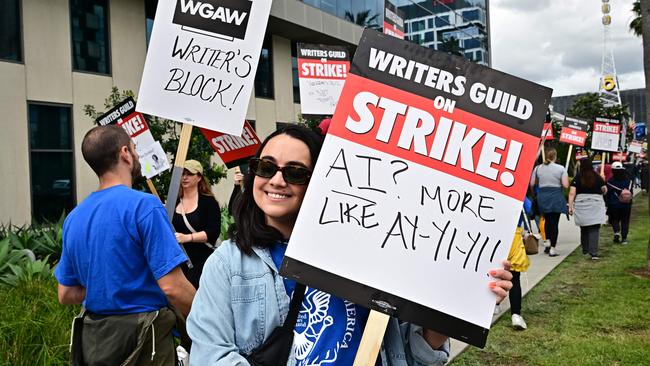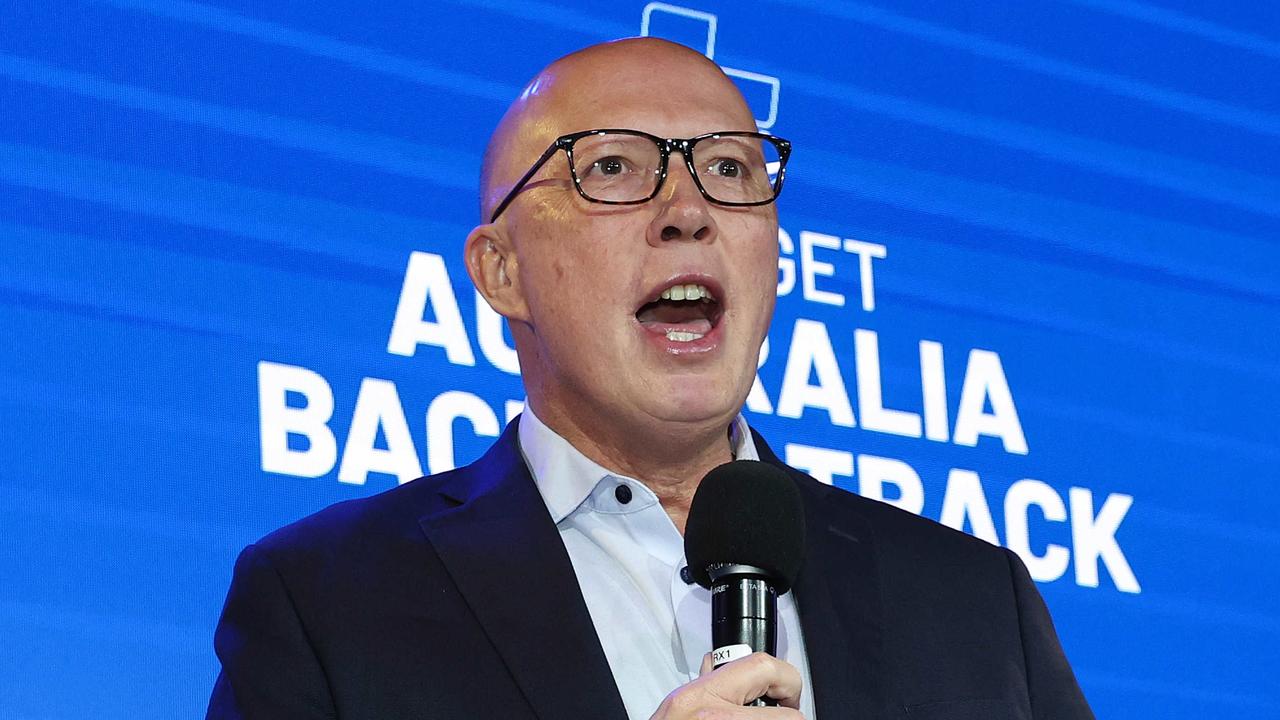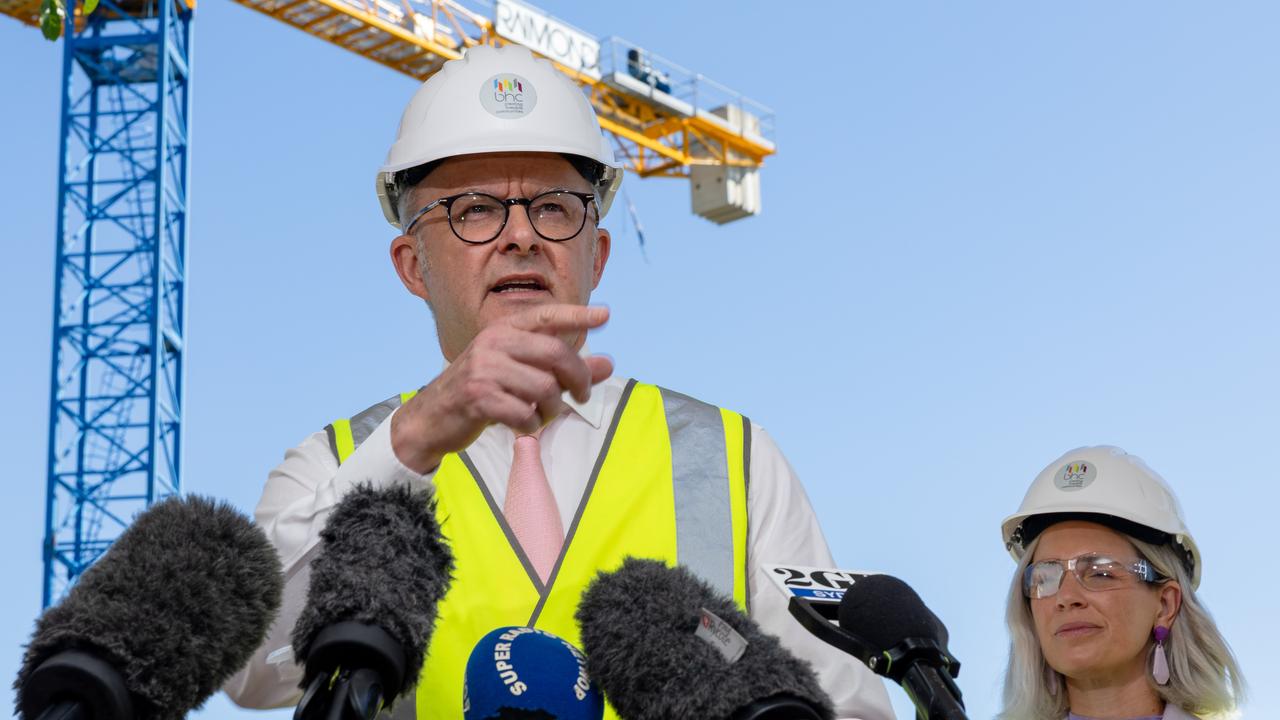Creatives prepare for existential fight against ‘AI theft’ of music and movies
The boom in AI products that create images, voices and music has been met with alarm by writers, filmmakers and musicians who see Big Tech stealing their work

Creative industry organisations are gearing up for an “existential” fight against AI companies, demanding compensation for “theft” of their intellectual property on which they claim those algorithms were in part trained.
Since OpenAI released ChatGPT almost a year ago, there has been a boom in other generative AI products that can create images, voices, music, and more.
This has been met with some alarm and indignation by creative industries and their workers, fearing loss of revenue. Some of the creations of these AI systems have proved convincing and popular – be it a completely new song that sounded like a collaboration between Drake and The Weeknd, competition-winning AI art, or rap battles between Joe Biden, Donald Trump, and Barack Obama.
Technology companies had engaged in “theft” to develop generative AI models, Australian Writers’ Guild chief executive Claire Pullen said.
“The first thing we must grapple with is theft – frankly – of existing intellectual property to generate a derivative product for someone else’s benefit,” Ms Pullen said.
“One of the things you can do is you can open ChatGPT and type into it, ‘Strictly Ballroom TV series set in 2023’, and it’ll give you something that isn’t in any way a final script, but could be, say, a possible first draft.
“None of the creators of Strictly Ballroom intended for that script to be available, or ChatGPT or any of the other AIs to scrape.
“We have to deal with the reality now that properties are being used without original consent or knowledge.”
AI manufacturers have flagged qualms with Australia’s copyright framework, amid ongoing consultations about AI regulation and a separate review of copyright laws.
“The legal uncertainty for certain AI research and computation activities created by the current Australian copyright framework is already impeding our ability to build Google’s AI research capacity and investment in Australia, compared to other more innovation-friendly legal environments,” Google said in a submission to the Industry Department’s AI regulation consultation.
“As industry’s understanding of legal risks of developing these kinds of technologies in Australia grows, particularly related to use of data from the open web, we can foresee a loss of local talent and investment that would otherwise have scaled from domestic industries, creating Australian jobs, investment and IP.”
APRA AMCOS – the collecting agency for music – chief executive Dean Ormston told The Australian “there isn’t a problem with Australia’s current copyright framework in relation to AI”.
“The problem is AI platforms and the multinational tech companies behind them not proactively seeking permission for the content that they‘re ingesting into their platforms.”
On Monday, the Attorney-General’s Department held an AI-specific roundtable discussion on copyright, as part of broader discussions on copyright reform.
Mr Ormston said the upcoming discussion was “critical” and “existential”.
“It’s massive – existential is not a word I throw around a lot, but it’s a massive economic issue,” he said.
“What we don‘t want is the government taking away the opportunity for us to have a licence in place, and really taking away the opportunity to sue if the platform decided not to take out a licence.
“I think an exception in the Copyright Act around data mining would be disastrous for not just the creative industry.
“There will be many non-creative industries that are owners of data and content that will similarly not be able to be remunerated if there‘s a big exception.”
APRA AMCOS and AWG were previously signatories to a letter to key government ministers in a letter raising copyright concerns about generative AI.
OpenAI chief Sam Altman has previously told The Australian the company, in training its language models, “pay for a lot of data”, but admitted, “I‘m sure that there’s other data that comes from these sort of like publicly available things where someone else has accidentally put in some copyrighted data”.
He suggested the advent of generative AI may need to bring about a new economic compact about copyright and intellectual property.
In a California lawsuit, writers including US comedian Sarah Silverman alleged ChatGPT and Meta’s Llama violated copyright laws by using their books in training data.
A spokesperson for the Attorney-General said “the outcomes of the AI and copyright roundtable session will complement other work currently being undertaken by the Australian Government, including the recent public consultation by the Department of Industry, Science and Resources on Safe and responsible AI in Australia.”




To join the conversation, please log in. Don't have an account? Register
Join the conversation, you are commenting as Logout